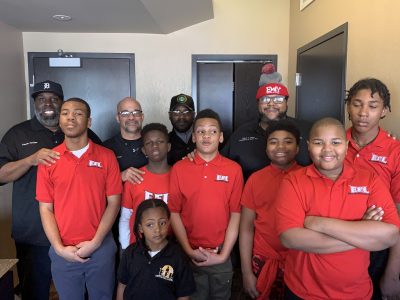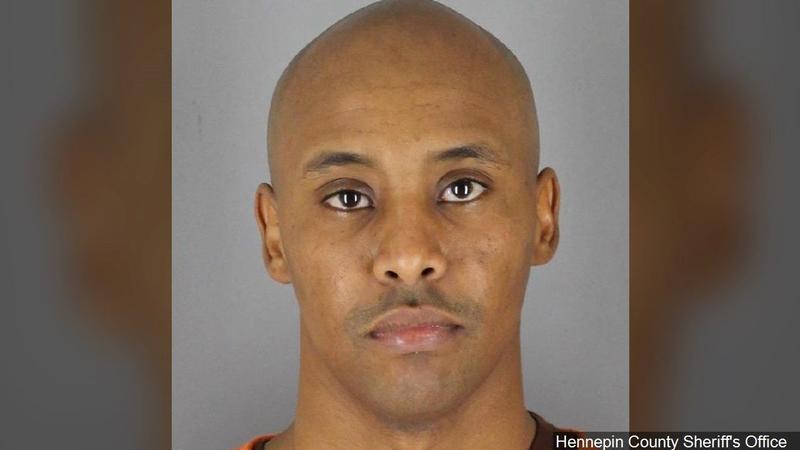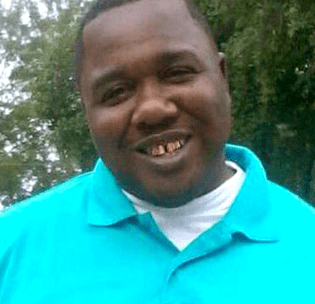
We raise our children to be engaged and productive members of society. We want them to work hard and achieve their goals. We tell them to question assumptions and when appropriate, question authority. We want them to stand up for themselves and for others in the face of injustice. We want them to be trusting, but good judges of character. We try to prepare them to read situations correctly. How do you earn trust and how long does that take? How do we know that they have internalized our lessons?
My oldest son is exceptional in a number of ways. He is comfortable meeting new people. He expects to study and work hard to be successful. He earned a full athletic football scholarship to a Division 1 program, from which he graduated on time. He received his Bachelor of Science in organizational science and is working at the State Department of Health while preparing for graduate school. He is also about 6-foot-3 and over 300 pounds. He can bench press more that 400 pounds and squat over 600 pounds. He is smart and strong, but when he is stopped by an officer, he is looked upon as a threat. This happens before he says one word. He and a few of his buddies were stopped near 6th Street in Austin, Texas. The officer trained his taser on him before even one word was said.
When I tell my son that you might be profiled or stopped on a pretext, you have to be calm. You should not challenge the judgement of an officer, right or wrong. He reminds me that I raised him to be involved in our community and to be an agent of change. I selfishly want him to live to a ripe old age, so I suggest showing his hands, diffusing the situation himself, listening carefully, and always complying. His response was that when you look at what happened to Eric Garner, we saw a big guy who had several people grab his arms, jump on his back, knock him down, and attack him until he died, even though he said that he could not breathe. You see similar scenarios with Alton Sterling in Baton Rouge, Louisiana; and Philando Castile in St. Paul, Minnesota, force coming out of fear. We must address as a community the belief that our youth will be dealt with harshly, no matter how they present themselves.
When your children go off to college, get their degrees, find their first job, any maybe find the person who they want to spend their lives with, your perspective changes. You think about grandchildren and how long they will be around to enjoy life with you. You pray that they will not become victims of fear. If we are going to get to that point as a society, we must fundamentally change the way that we recruit and promote police officers. Community policing must be a fundamental building block. Officers should spend significant time in the community with youth before becoming officers. Officers should meet and interact with youth at 5, not 15. This will not change until officers look at youth as a part of their community. –jeffrey travillion

















